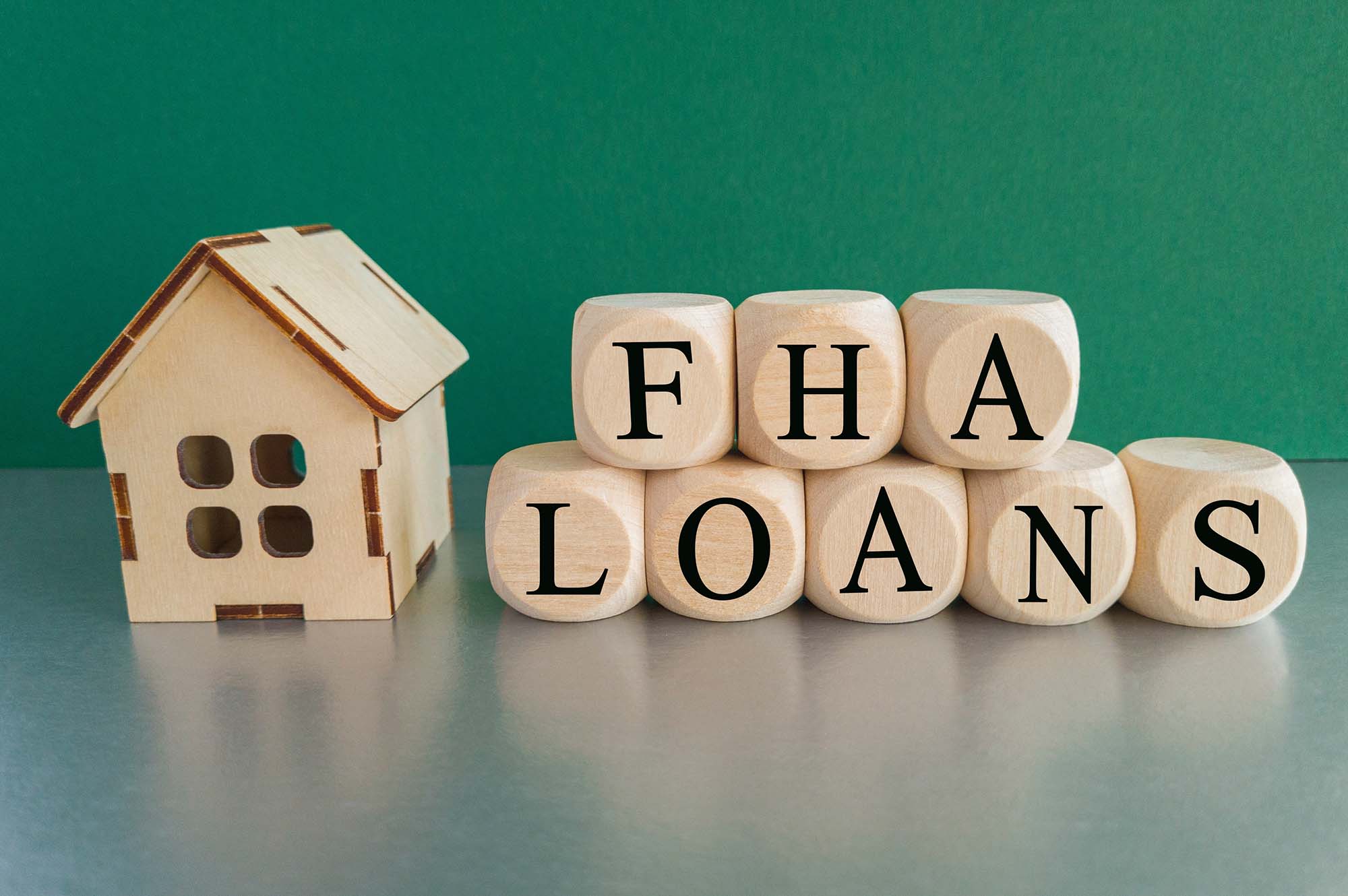FHA Loans
- Home
- FHA Loans

The Federal Housing Administration (FHA) is a division of the U.S. Department of Housing and Urban Development (HUD) that offers mortgage insurance on loans made by FHA-approved lenders. FHA loans are popular among first-time homebuyers and those with less-than-perfect credit, as they offer lower down payments and more flexible credit requirements than traditional mortgages.
FHA loans were established in 1934 to help make homeownership more affordable and accessible for Americans during the Great Depression. Since then, the program has helped millions of people become homeowners by providing mortgage insurance on loans made by FHA-approved lenders.
The FHA does not actually provide loans, but instead provides insurance on loans made by FHA-approved lenders. This insurance protects lenders against losses in the event that a borrower defaults on their mortgage. Because of this insurance, FHA-approved lenders are able to offer more flexible credit requirements and lower down payments than traditional mortgages.
To apply for an FHA loan, borrowers must first find an FHA-approved lender. The lender will then determine whether the borrower meets the FHA’s eligibility requirements, which include a minimum credit score of 500 and a down payment of at least 3.5% of the purchase price.
Once the borrower is approved for an FHA loan, they will be required to pay an upfront mortgage insurance premium (MIP), which is typically 1.75% of the loan amount. They will also be required to pay an annual MIP, which varies depending on the size of the down payment and the length of the loan.
FHA loans offer several benefits to borrowers, including lower down payments, more flexible credit requirements, and the ability to finance certain home improvements through a streamlined process known as the FHA 203k loan program. Additionally, FHA loans are assumable, meaning that if the borrower decides to sell their home, the buyer can take over their existing FHA loan and continue making payments at the same interest rate.
One potential downside of FHA loans is that they require mortgage insurance for the life of the loan, regardless of the amount of equity the borrower has in the property. This means that borrowers may end up paying more in mortgage insurance premiums over the life of the loan than they would with a conventional mortgage.
Overall, FHA loans can be a good option for first-time homebuyers and those with less-than-perfect credit who are looking to become homeowners. By providing more flexible credit requirements and lower down payments, FHA loans make it easier for people to achieve their dream of owning a home. Borrowers interested in an FHA loan should contact an FHA-approved lender to learn more about the program and begin the application process.
This Content Was AI Generated